What’s in a (First) Name
This post was originally published in the Harvard Business Review.
Back in the day when I was growing up (think early 80’s) there wasn’t an adult whom I didn’t address as Mr. or Mrs. so and so. Grown ups were addressed with deference, distance, and formality and we kids knew what the protocol was. Today, I have a four-year-old whose friends all call me Jodi — and if someone were to address me as Mrs. Glickman, I’d do a double take and assume they were talking to my mother.
As goes our social world, so too goes the workplace. Addressing people by their first name is now the norm in corporate America (though not in the rest of the world — to the ongoing consternation of business travelers). And while there are critics and bow-tied traditionalists who will decry such an outrage or indecency or informality, I think that we all need to get with the times.
Using first names to address colleagues, clients, and bosses at work is good for both young and old, junior staffers and senior executives alike. For junior employees, it levels the playing field; for senior or “seasoned” managers, it implies accessibility — a commodity of increasing value in today’s social and digital age.
Level the playing field
When, as a young person, you address someone as Mr. or Ms., you immediately establish yourself as either a) younger or b) lower status, neither of which is particularly helpful to your cause professionally. Instead, walking into a room confidently with a “Hello, John, nice to meet you. I’m Jodi Glickman. It’s a pleasure to be here” establishes you as both confident and mature. It minimizes that status gap rather than amplifying it with a “Hello Mr. Smith, I’m Jodi…”
I learned and saw the value of this lesson early on. I was 29 years old when I started as a junior associate on Wall Street. I looked 25 if I was lucky. I was immediately thrown into meetings with senior bankers and corporate titans. My associate class was told by senior management explicitly to refer to everyone by first names, and not to use Mr. or Mrs., even with CEOs, as it would diminish our own standing. We were professionals, after all, just like the VIPs we were interacting with.
For me, knowing I had the backing of senior management to address clients by their first names helped with some of the fear I had of working with people much older (and presumably a lot smarter) than myself. That first name basis set the tone for future interactions and communicated to the lofty CEOs that we, the junior bankers, were in fact valued and had real contributions to make to the conversation.
Accessibility wins the day
As for managers and executives, the flat organization is where it’s at. Hierarchies are seen as stiff, outdated, stifling — in today’s social and digital age, innovation is the name of the game. Age and status cease to have a corner on the market. The move to the use of first names is part of this cultural shift of power to the people.
As Gary Hamel said in The Future of Management, “Hierarchies are good at aggregating effort (coordinating activities of many people) but they’re not very good at mobilizing effort — inspiring people to go above and beyond.” In our tech-savvy, hyper connected and social world, management innovation almost always pushes power downward and outward.
Demanding an underling use a more formal title now seems ridiculously outdated and perhaps even pompous. Richard Branson is a Sir and he goes by Richard and Oprah bared all in her behind-the-scenes show this spring — not once did I see a staffer call her Ms. Winfrey. By having your subordinates call you by your first name, you emphasize your accessibility without (as you may fear) diminishing your own authority or status.
It may be counterintuitive to look a powerful CEO in the face for the first time and call them boldly by their first name. And it may be hard as that CEO to swallow it. Maintaining the balance between informality and proper lines of authority and deference can be difficult. But this shift echoes the larger move to a more open, informal, and egalitarian business culture. To get left behind is to risk branding yourself as a dinosaur, and a less powerful/authoritative one at that.

